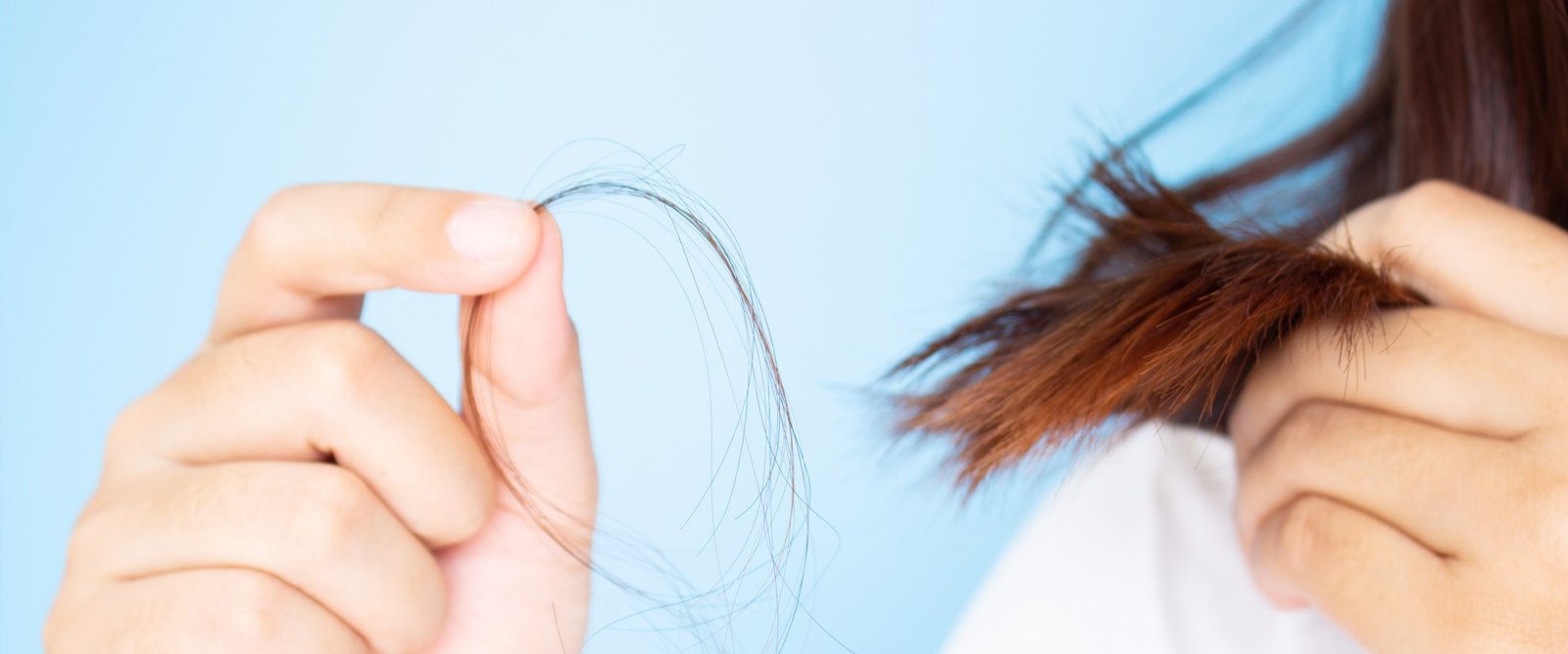Hair should grow back after bariatric surgery. It may take 6 months for all your dormant hair to fall out, but over time your body will start to grow more hair. Research has shown that physiological stress resulting from major surgery and rapid weight loss can cause the body to shift nutrients to vital organs, such as the heart and brain, and away from cosmetic functions such as hair growth. Although hair is important to us, it is not important to the body.
As a result, the hair growth phase could temporarily stop and start the latent state, causing some hair loss. It occurs most often between 3 and 5 months. As the body adapts to the changes, hair loss will decrease and then stop. Hair should grow back normally, as long as there are no nutrient deficiencies and you consume the right protein.
Under normal circumstances, hair loss lasts an average of 3 to 4 months, but not longer than 6 months. Hair loss is a relatively common occurrence that occurs after gastric sleeve surgery or gastric bypass, no matter where in the world you have surgery. For those who have had gastric sleeve surgery in Mexico or gastric bypass surgery in Mexico, this can be even more frightening, as sometimes doctors don't discuss it with their patients. That said, this can be scary for many women; however, remember that it is not permanent; your hair will grow back.
Hair loss rarely lasts longer than six months in the absence of a dietary cause. Losing weight quickly, not getting enough protein and the physiological stress that your body suffers from surgery are some of the reasons why patients lose hair, as well as the lack of important dietary nutrients such as zinc, biotin, potassium, vitamin B6 or phosphorus. In general, you will only have to deal with hair loss for six months or less. Because telogen effluvium does not damage the hair follicles, the hair will eventually start to grow again.
It's important to remember that it will grow back and it's not like going bald. In fact, there will be a point where you see new growth. It is also very variable among people, with some people experiencing none and others experiencing a substantial amount. Dietary Considerations Try to maintain a balanced diet.
In particular, when looking at protein in your diet, if your body feels that it has enough protein, then it is happier to “waste” it on hair growth. Check out the protein blog for sources. Also take your multivitamin and mineral supplement, as deficiencies can lead to hair loss. Be careful with independent zinc supplements, as it is important to maintain the correct servings of minerals, as they can affect the mode of action of others.
If in doubt, consult your dietitian. Hair loss can also be caused by systemic diseases, such as thyroid disease and polycystic ovary syndrome (PCOS), and is influenced by genetics. They are essential to avoid nutrient deficiencies and provide the B vitamins needed to keep hair healthy and full. When your body is under increased stress, which happens after surgery, it may increase the number of hair follicles in the telogen phase, which means you may experience increased hair loss or loss.
With the help of your bariatric surgeon or dietitian, you can manage your symptoms until you have a full head of hair again. Then you add any disease along the way, an underactive thyroid, iron deficiency or genetics and get a hair loss of about 5-15% of the hair follicles. While hair loss can occur after bariatric surgery, it is not permanent and hair will grow back. Hair loss associated with weight loss surgery is called telogen effluvium and has to do with the normal cycle of hair growth.
While it can make many patients feel self-conscious and can negatively affect their self-esteem, hair loss after bariatric surgery is common and does not last longer than six months. If you experience hair loss, remember that you are going through a perfectly natural reaction to bariatric surgery and that your hair will return in no time. As a result, less vital functions in the body, such as functions that govern hair growth, are deprived of adequate nutrients. The thought of losing hair can be frightening, and while hair loss after bariatric surgery is commonplace, at worst, it is a temporary inconvenience.
. .





